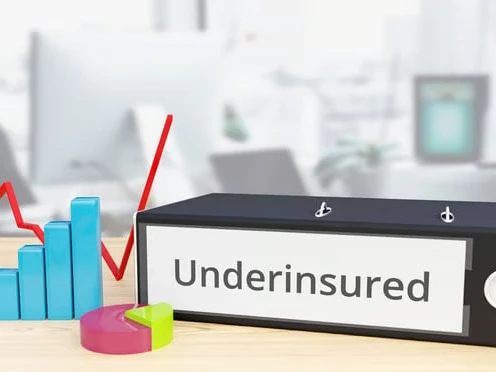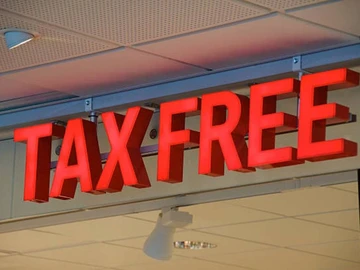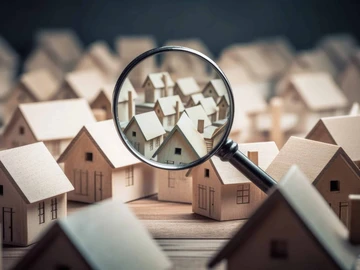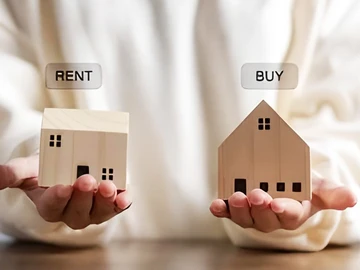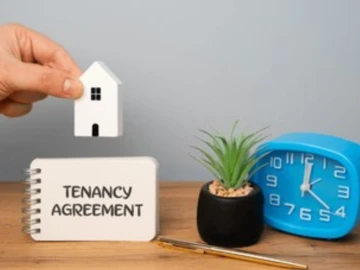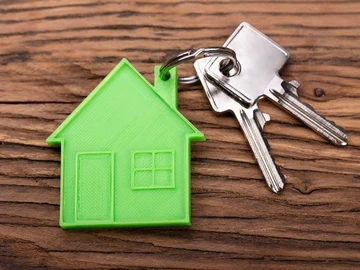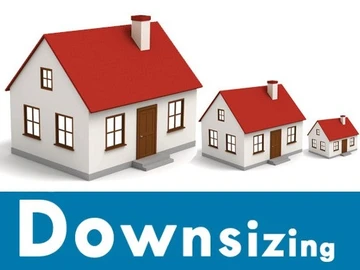Property insurance is a critical safeguard for homeowners and real estate investors, especially in Zimbabwe's growing urban centers like Harare and Bulawayo. However, underinsurance a situation where your property's insured value is less than its replacement cost can leave you vulnerable to significant financial losses.
This article explores the risks, implications, and solutions to underinsurance, helping property owners, landlords, and investors in Zimbabwe make informed decisions about protecting their real estate investments.
What Does It Mean for a Property to Be Underinsured?
Underinsurance occurs when the sum insured for a property is insufficient to cover the full cost of rebuilding or repairing it in case of damage or loss. This issue affects residential properties, commercial properties, and rental properties across the country, making it a concern for the entire real estate sector.
Example:
If the replacement cost of a house in Avondale, Harare, is $150,000, but it is insured for only $100,000, the property is underinsured by $50,000.
Common Causes of Underinsurance in Zimbabwe
1. Inflation and Rising Construction Costs
Zimbabwe’s fluctuating economy can cause property prices and construction costs to rise rapidly. If your insurance policy isn’t regularly updated, it may not reflect the current market value or replacement value of your property.
2. Inadequate Property Valuation
Property owners often underestimate rebuilding costs, especially for luxury homes in areas like Borrowdale, Harare, or Hillside, Bulawayo. Real estate valuation is a crucial step that should not be overlooked.
3. Partial Insurance Coverage
Some homeowners may opt for minimal coverage to reduce premiums, inadvertently leaving their properties underinsured for major risks like fire, floods, or theft.
4. Unreported Renovations and Upgrades
Adding features like swimming pools, solar systems, or modern kitchens increases property value, but many homeowners forget to update their insurance policies to reflect these improvements.
What Happens When a Property Is Underinsured?
1. Reduced Insurance Payouts
Insurance companies apply the average clause to calculate payouts for underinsured properties. This means you’ll only receive a portion of your claim, proportional to the amount of underinsurance.
Formula:
Claim Payment= (Insured Value÷Replacement Value)×Claim Amount
Example:
- Replacement cost: $150,000
- Insured value: $100,000
- Damage claim: $50,000
Claim Payment=(100,000÷150,000)×50,000=33,333 USD.
You’d need to cover the remaining $16,667 out of pocket.
2. Financial Risks for Property Owners
Underinsurance can lead to significant out-of-pocket expenses, which could jeopardize the financial stability of property investors or landlords in Harare’s competitive property market or Bulawayo’s growing real estate sector.
3. Delayed Property Repairs
If funds are insufficient to cover rebuilding costs, homeowners may face delays in repairs, which can further devalue the property. For rental properties, this could mean a loss of rental income.
4. Impact on Tenants and Rental Properties
For rental properties, landlords may face legal and financial challenges if tenants are displaced due to delays in repairs caused by underinsurance. This could also harm the landlord's reputation in Zimbabwe’s real estate rental market.
Areas in Zimbabwe Most Affected
Harare Real Estate Market
- High-end areas like Borrowdale, Highlands, and Mount Pleasant often have properties with significant underinsurance due to rapid appreciation in property values and luxury features.
- High demand for rentals and sales in Harare makes proper valuation essential.
Bulawayo Real Estate Market
- Suburbs like Hillside, Suburbs, and Kumalo are popular for their affordable yet spacious properties. However, owners often underestimate the rising costs of building materials and labor, leading to underinsurance.
How to Avoid Underinsurance
1. Conduct Regular Property Valuations
Work with professional real estate valuers to ensure your property’s insured value reflects its current replacement cost. Regular valuation updates are especially crucial in Zimbabwe’s volatile property market.
2. Account for Inflation and Market Changes
Opt for property insurance policies with inflation-linked adjustments to keep up with rising property prices and construction costs in Zimbabwe.
3. Update Insurance Policies After Renovations
If you add new features like modern kitchens, boreholes, or home extensions, notify your insurer to update the policy.
4. Choose Comprehensive Real Estate Insurance
Ensure your policy covers all relevant risks, including fire, floods, theft, and political violence.
5. Consult Real Estate and Insurance Professionals
Seek advice from insurance brokers and real estate agents familiar with Zimbabwe’s property market. They can guide you in selecting the right coverage for your home or rental property.
Why Adequate Property Insurance Matters
- Protects Property Investments
In Harare and Bulawayo, where property prices are steadily rising, adequate insurance protects your investment against unforeseen losses. - Preserves Rental Income
Landlords can ensure uninterrupted rental income by addressing underinsurance and enabling quicker repairs or replacements. - Enhances Property Value
A well-insured property maintains its market value, crucial for resale in competitive real estate markets. - Peace of Mind for Homeowners
Adequate insurance ensures you are financially secure, even during crises.
Final Thoughts
Underinsurance can have devastating consequences for homeowners, landlords, and investors, particularly in Zimbabwe’s fast-evolving real estate market. Whether you own a luxury home in Harare or an investment property in Bulawayo, ensuring your property is adequately insured is essential for financial security.
Use trusted platforms like property.co.zw to access property market insights, stay updated on real estate trends, and consult professionals to evaluate your property insurance needs. By taking proactive measures, you can protect your property and secure your financial future.
 Continue with Facebook
Continue with Facebook
 Continue with Email
Continue with Email

